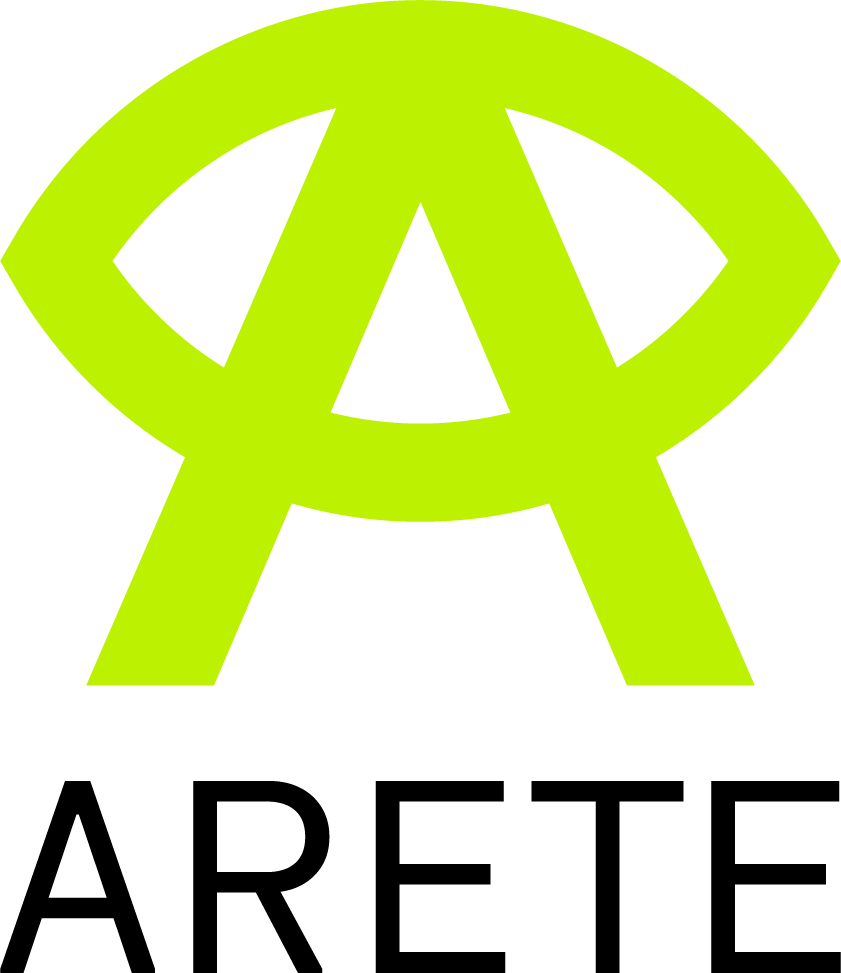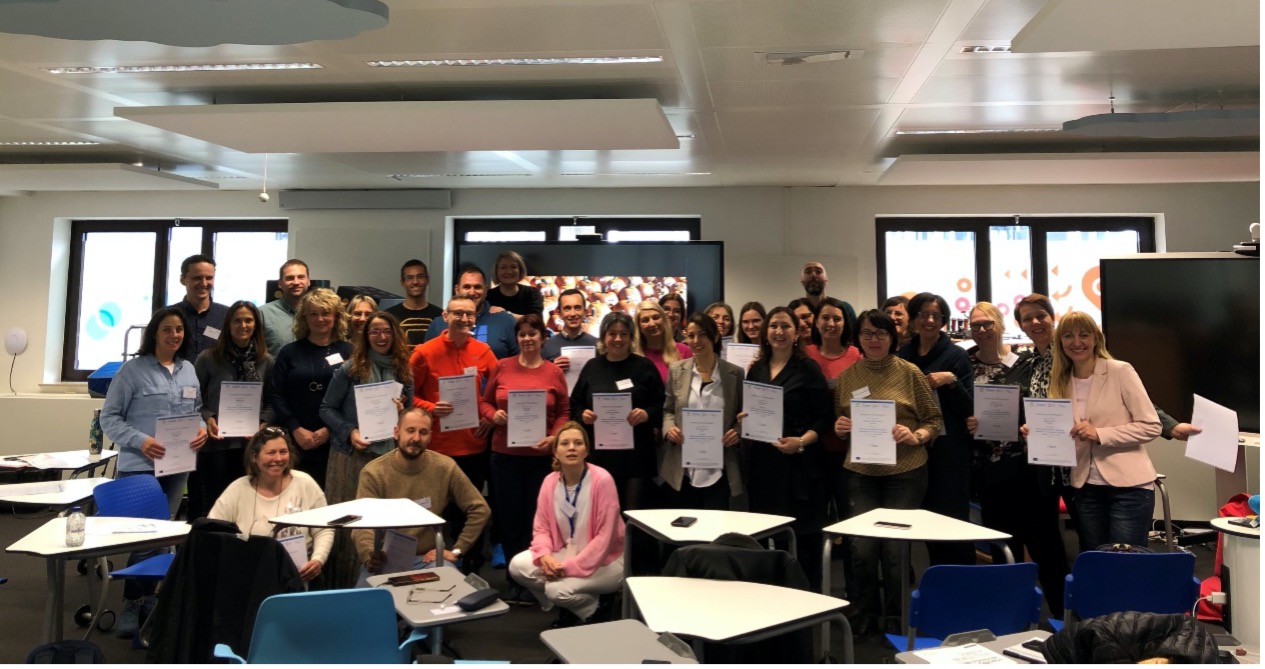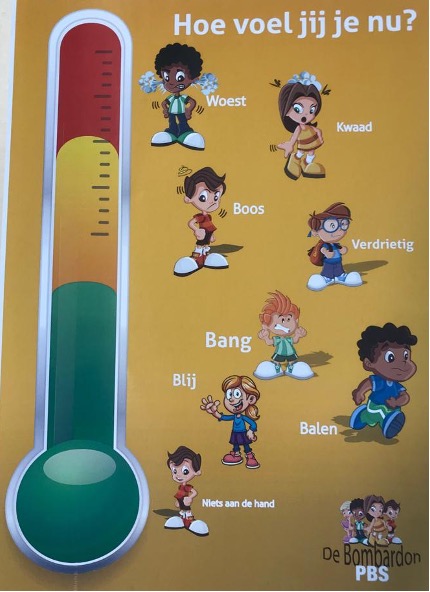The use of Augmented Reality to build prosocial behaviors within the framework of Positive Behavior Interventions & Support: Stay safe and stay healthy!
Pilot Study 3 ‘PBIS-AR’ is focused on the introduction of Augmented Reality (AR) content within the framework of Positive Behavior Interventions and Support (PBIS). PBIS is an approach developed in the United States to guide schools in creating systems that establish the social culture and individualized behavior supports needed for a safe and effective learning environment (Sugai & Horner, 2009). This approach provides schools with accurate systematic implementation and use of evidence-based practices related to behaviour management in a multitiered system of behavior support. It is aimed at reducing problem behavior, improving school climate, and providing teachers with tools to improve practice.
A school that has implemented SWPBIS at a universal level typically has established school-wide behavioral expectations (such as ‘respect’, ‘safety’, and ‘responsibility’) that are being taught, systematically acknowledges positive student behavior, has a school-wide system for handling problem behavior (including procedures how to respond to problem behavior with consistent consequences), uses techniques such as positive reinforcement and active supervision, and develops preventive interventions based on behavioral data. A multitiered system of support is in place with universal interventions for all students (Tier 1), targeted interventions for students who need more support (Tier 2), and individual interventions for students with chronic or severe behavior needs who need individualized support (Tier 3). One of the key principles of PBIS is to focus on building prosocial skills, not simply to attempting eliminating challenging or problem behavior.

In this innovative project we will investigate whether and how AR-technologies can be developed and used in behavioral lessons within PBIS. Within such an AR-application, pictures and 3D-animations will be used to practice expected behaviors and behavioral routines. We want to know whether expected behaviors can be learned easier and better this way, in other words whether it helps students to better regulate their behavior, and whether the classroom climate and social dynamics improve as a result.
During the first phase of pilot 3, we are orienting on what the contents of such AR-applications could look like and how these can be used didactically and pedagogically within a PBIS behavioral lesson. This information or data are being collected through executing focus groups with teachers who work within PBIS-schools, as well as with PBIS-experts. Based on the collected data, the design criteria for the PBIS-AR application will be formulated and a first prototype will be developed. Subsequently, during the school year of 2020-2021, PBIS-AR behavioral lessons will be developed in Lesson Study teams. Finally, during the school year of 2021-2022, a larger scale study will be executed to pilot whether these PBS-AR behavioral lessons are indeed effective in improving students’ behaviors, regulatory skills, and the classroom climate.
School-wide expectations like ‘Stay Safe’ or ‘Stay Healthy’ need to offer a consistent and familiar format to teach and reinforce healthy behaviors, including those that help stop the spread of germs, especially now in these volatile and unsettling time of the corona virus. Usually in a typical PBIS behavioral lesson the pedagogical sequence is prompt, teach, and reinforce and this can be done modelled via social stories or video-modelling. Please check out an example of a restroom procedure ‘Go, Flush, Wash, Leave’: https://www.youtube.com/watch?v=hFlbPfiUyX8&list=PLDTurrcdLwvLZWJeiwRHrq0uGGGd2TMmF&index=3
In the PBIS-AR app the main idea is that AR can be effectively used to create new mobile interactive learning environments that may further facilitate students’ acquisition of behavioral management skills in behavioral procedures/routines like ‘Go, Flush, Wash, Leave’ as promoted within the PBIS approach. We think that AR may provide students with an engaging learning environment where educational materials can be practised with increased motivation.
Dr. Sui Lin Goei
VU Amsterdam, Netherlands



